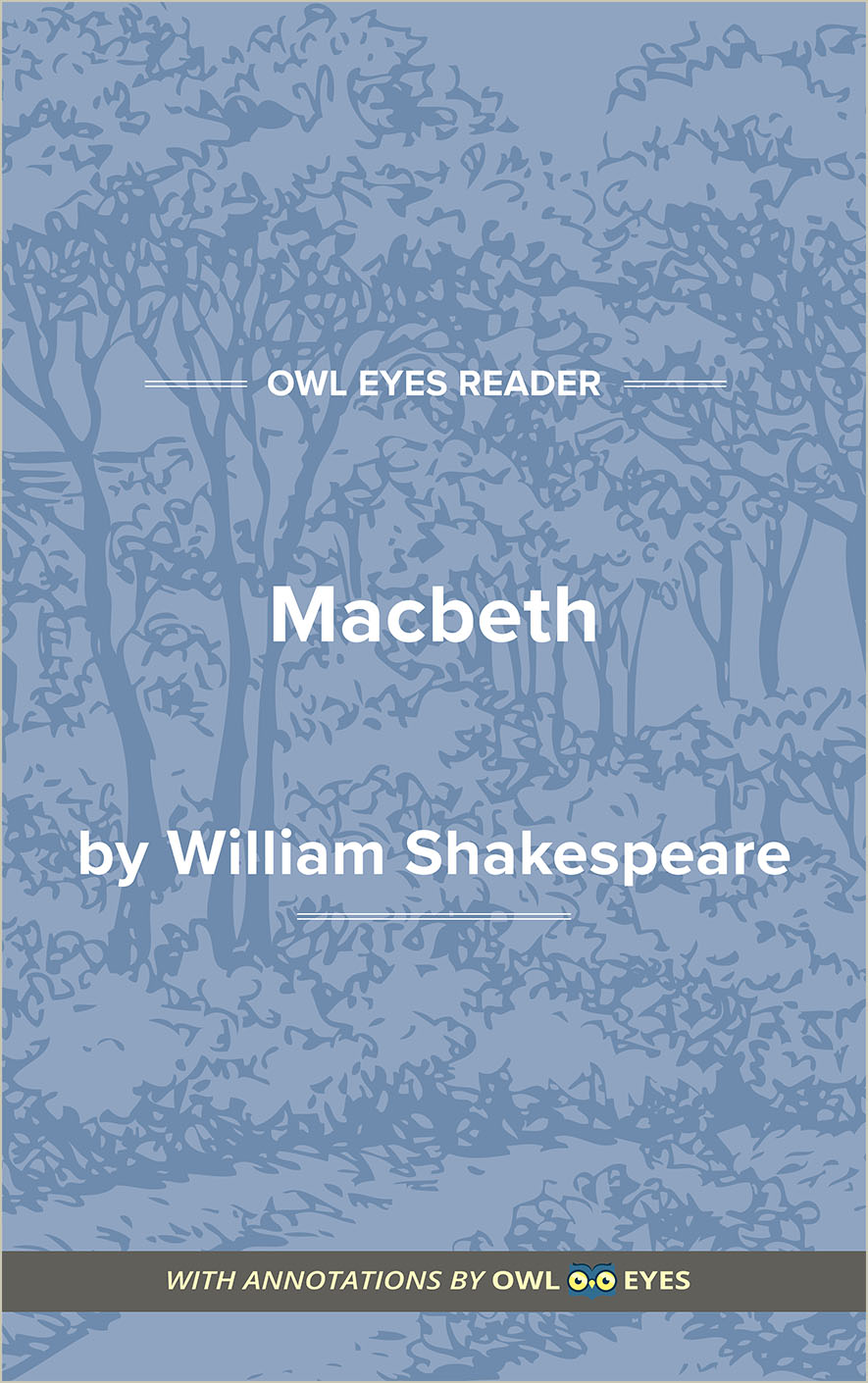Study Guide
Analysis Pages
William Shakespeare Biography
William Shakespeare, greatest of English poets and dramatists, was born at Stratford-upon-Avon in 1564 and died there in 1616. Biographical information about him is scant, and much must be inferred from brief references to him by his contemporaries and from various church and civil records and documents regarding performance of his plays. His parents were John and Mary Arden; his father was a respectable middle-class businessman. Young William Shakespeare probably attended grammar school in Stratford (a small city in western England), where he apparently received a fundamental education in Christian ethics, rhetoric, and classical literature. Although he did not attend a university, his plays indicate his familiarity with ancient and modern history, many English and European writers, and philosophers such as Michel de Montaigne. Little else is known of his activities prior to 1590, save that in 1582 he married Anne Hathaway, eight years older than he, and had three children with her: a daughter named Susanna and twins named Hamnet and Judith. At some point during the 1580’s he moved to London.
Most of Shakespeare’s working life was spent in London, and allusions in the writings of others, friendly and otherwise, show that by 1592 he was a dramatist of recognized achievement. Francis Meres, in Palladis Tamia (1598), virtually establishes that his supremacy in comedy, tragedy, and narrative poetry was generally acknowledged, and this view is endorsed by later testimony, notably that of Ben Jonson. From 1594 on, Shakespeare was associated exclusively with the Lord Chamberlain’s Company, which became the King’s Company in 1603 on James I’s accession. This was the most stable and prosperous of the Elizabethan dramatic companies. It built the Globe Theatre in 1599 and acquired the Blackfriars private theater in 1608.
So far as can be ascertained, Shakespeare’s career as a dramatist covers the period from about 1590 to about 1612, after which he apparently moved back to Stratford. His early years show him working in all categories. Chronicle histories are a conspicuous feature of the years from 1590 to 1599, and these reflect England’s self-awareness at a time when the threat from Spain was still acutely felt. The same period saw the maturing of his comic genius, through such minor masterpieces as Love’s Labour’s Lost and A Midsummer Night’s Dream, to the four great middle comedies, The Merchant of Venice, Much Ado About Nothing, As You Like It, and Twelfth Night.
After 1600 Shakespeare’s drama takes a darker and deeper direction with the so-called “problem plays”: Troilus and Cressida, All’s Well That Ends Well, and Measure for Measure. As a group, they have led to the greatest critical disagreement. His great tragedies, Hamlet, Othello, King Lear, and Macbeth, are also from this period. In these titanic masterpieces the human response to the workings of a relentless and malign destiny is explored and exploited to the fullest, and the terrible logic of the action is communicated in language of ever-increasing urgency and intensity. Antony and Cleopatra, which is valued for its superlative poetry and the transcendent aspirations of its heroine, looks forward to the regenerative pattern of the late romances. Timon of Athens is excessive in its pessimism and was left unfinished, but Coriolanus is a triumphant, original accomplishment. Though outwardly uninviting in both matter and manner, its emotional impact proves terrific, and its psychology is penetrating.
The plays of Shakespeare’s final period are dramatic romances which present improbable persons and incidents and draw freely upon the musical and spectacular elements popular in the Court masques of the period. Here the themes of atonement and reconciliation, earlier treated in All’s Well That Ends Well and Measure for Measure, are coordinated in a general pattern of regeneration symbolized by the heroines. Pericles, Prince of Tyre and Cymbeline are uncertain in their handling of...
(The entire page is 1,231 words.)
Owl Eyes subscribers get unlimited access to our expert annotations, analyses, and study guides on your favorite texts. Master the classics for less than $5/month!

